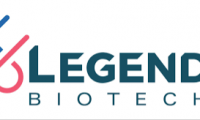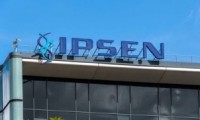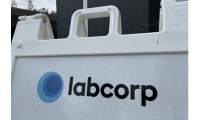-
Legend Biotech’s “CARVYKTI®” was approved for second-line indications in the United States
- Source: drugdu
- 109
- April 8, 2024
-
Disco tunes into new cancer drug targets
- Source: drugdu
- 113
- April 7, 2024
-
Xilio fires 21% of its workforce and reprioritises pipeline
- Source: drugdu
- 78
- April 5, 2024
-
Eisai to divest rights for two therapies to Kaken
- Source: drugdu
- 164
- April 5, 2024
-
Jazz Pharmaceuticals Completes Biologics License Application for Zanidatamab for HER2-Positive Metastatic Biliary Tract Cancer
- Source: drugdu
- 133
- April 5, 2024
-
FDA Approves Alexion’s Voydeya as Add-on Treatment for Adults with Extravascular Hemolysis
- Source: drugdu
- 91
- April 4, 2024
-
Ipsen joins the ADC club with deal worth up to $900m
- Source: drugdu
- 153
- April 4, 2024
-
Gilead, Xilio Therapeutics Ink Exclusive Licensing Agreement to Develop Early Phase Tumor-Activated IL-12
- Source: drugdu
- 96
- April 3, 2024
-
GlobalData
- Source: drugdu
- 84
- April 3, 2024
-
Labcorp’s $237M Tuck-In Deal Brings Lab Testing Assets From BioReference Health
- Source: drugdu
- 131
- April 2, 2024
your submission has already been received.
OK
Subscribe
Please enter a valid Email address!
Submit
The most relevant industry news & insight will be sent to you every two weeks.













